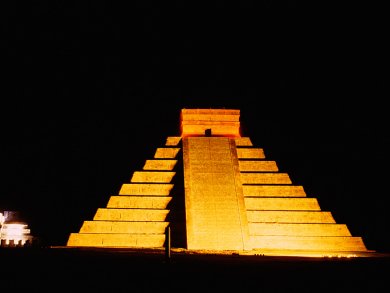Despite Egypt’s historical significance, the dating of events has been a contentious undertaking with Egyptologists relying on various different chronologies. But now, radiocarbon dating has become precise enough to constrain the history of ancient Egypt to very specific dates.
Christopher Ramsey and colleagues, University of Oxford, UK, used the radiocarbon dating technique on samples of plant material collected from museums across the world. They used OxCal, a computer program to calibrate and analyze the data. They combined the dates for the 211 seeds, baskets, textiles, plant stems and fruit, directly associated with the reigns of particular ancient Egyptian kings, with historical information about the order and length of each ruler to create the full chronology.
They found the pharaoh Djoser ruled from between 2691 and 2625 BCE, about 50-100 years earlier than thought and the start of the New Kingdom occurred between 1570 and 1544 BC, later than previous estimates.
- Radiocarbon-Based Chronology for Dynastic Egypt
C. B. Ramsey, M. W. Dee, J. M. Rowland, T. F. G. Higham, S. A. Harris, et al.,
Science 2010, 328 (5985) 1554 – 1557.
DOI: 10.1126/science.1189395




